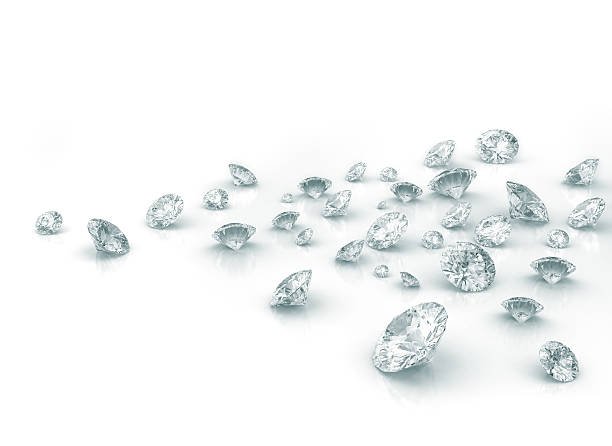The Process of Inheriting and Selling Estate Jewelry All Entries

Estate jewelry encompasses gems that are inherited through estate planning when a benefactor dies. After the legal process, the jewels are handed down to beneficiaries named in the trust. Here are important points to know about estate jewelry.
Process of Inheriting Estate Jewelry
Each state has its own legal process for settling inheritance claims, but once it's completed, the heirs can sell their inherited items. The general process involves the head of the estate appointing an executor who oversees the estate upon the owner's death. The executor will be in charge of distributing personal and household items to beneficiaries named by the estate owner.
Once debts are paid, the executor can then look at distributing estate jewelry and other items. The process for beneficiaries to receive assets takes about six months. In the meantime, the executor must protect the assets by taking inventory and making sure they are stored in a safe place. In some cases, the estate jewelry must be sold to pay debts such as for mortgage payments or credit card bills.
In the event that there are disputes about how the jewelry should be distributed, it can slow the process down in court. The easiest way to avoid such disputes is for the estate owner to put his or her wishes on how assets are distributed in writing as a will or letter. The more thorough the instructions are, the better. Otherwise, asset distribution is at the discretion of the executor.
If there is no executor, will, or written instructions on how to distribute the owner's wealth, the matter will be resolved in probate court. Chances are the court will divide the assets up among immediate family members.
Selling Estate Jewelry
If you inherit estate jewelry and don't know what to do with it, you can convert it to cash and put it in savings. The first step in selling the gems is to get them appraised by a professional gemologist. An expert's evaluation will give you an idea of the top price you can sell the items for. It's common, however, for people to sell estate jewelry at prices lower than appraisal prices just to liquidate it faster.
A buyer who flips jewelry is typically not going to pay top dollar for estate jewelry, although a reputable jeweler might consider it based on the quality. The main factor in setting the price is current demand for the product, assuming it's in good condition. Some of the more baked in pricing factors include uniqueness, rarity, and beauty. The more rare, unique, and beautiful the gem is, the higher price it can command.
The appeal of estate jewelry may be based on its age, as anything a century old is considered an antique and likely a rarity. Many jewelry collectors are interested in certain classic time periods, such as the Victorian, Art Nouveau, and Art Deco eras. Jewelry from these eras are hard to find, which helps fuel demand for it.
Conclusion
The value of your estate jewelry may be worth more than you imagine. Contact us at Ralph Mueller & Associates for more information on selling jewelry at the best prices. We've been around for decades connecting Arizona residents with jewelry buyers and sellers on the global market. We're here to help you get fair value for your jewelry.